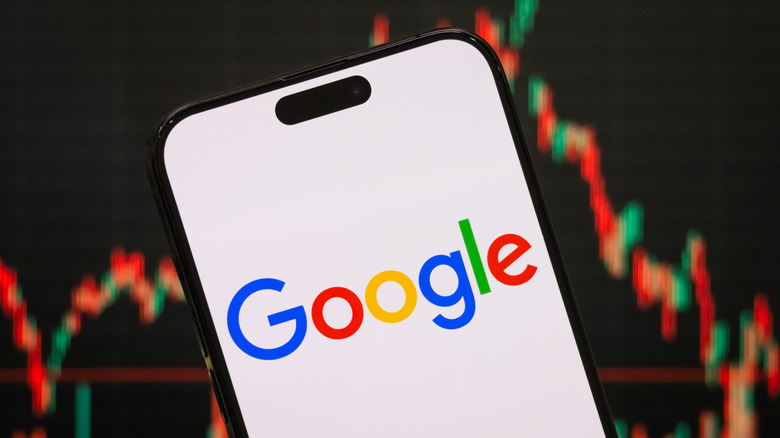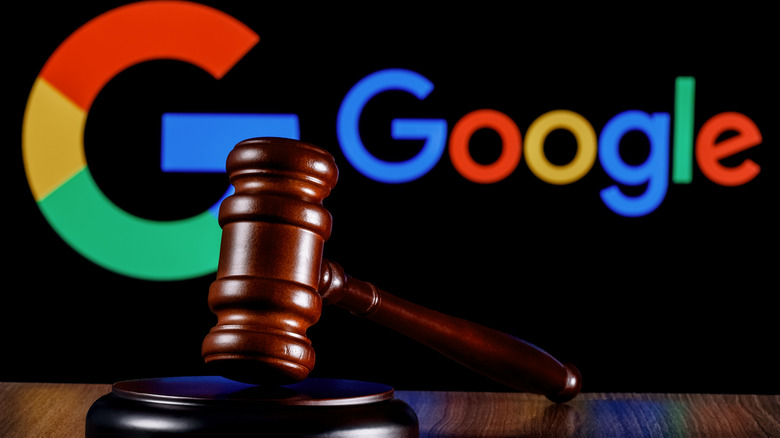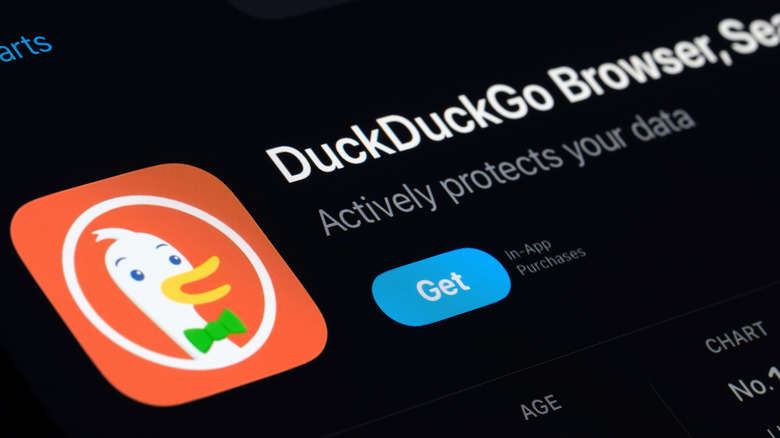Are Your Google Searches Actually Private?
While it is a common joke that you don't want someone to look at your search history, it is a reality that they aren't as private as you might think. No matter what you search through Google, it is not kept just between you and the search bar. While you can delete your search history, that does not prevent the data from being shared, and even Incognito mode in Google Chrome is not as private as you hope.
The problem is multifaceted. Per Google's policies, it collects data from your search terms, who you communicate with, your Chrome browsing history, and more. Those who aren't fans of Google's AI overviews will likely not be surprised to learn that it uses web content to train its AI, even if the publisher has opted out of such activity. Google also had to pay $1.4 billion in a settlement with the state of Texas regarding its collection of user data without user permission.
While all that is already alarming, the legal battle that resulted in Google having to share its user search data with competitors is another blow to personal privacy concerns. Now, not only is Google collecting your search data with or without permission, but it also must give your search data to other organizations. The good news is, Google is not the only search engine out there, and others can offer much better user security.
The details of Google sharing your searches
When you do a search through Google, that information is moved through Google's services and to its data centers. Google uses the data it collects to analyze overall patterns in searches, to develop new products, and to recommend ads. Google ensures that all of your information is protected from any cybersecurity threats.
Google has crossed the line, however, when it comes to the ethics of its data collection. In response to the legal battle with the state of Texas, Google assured it has settled issues with old policies and products that are no longer in place with the company.
Google has been involved in a legal battle over the ethics of its monopolizing the internet search market. In September 2025, although he ordered Google to share data, U.S. District Judge Amit Mehta ruled that Google did not have to sell Chrome. Users continue to worry about how private their data will actually be in the hands of unknown third parties. To determine what third parties will get access to user search data, a five-person committee will be established. While this is supposed to help users feel more secure about their information, ultimately, it still means that who gets access to search analytics is outside of user control.
Alternatives to using Google to search
Though Google may be the best-known search engine, it is far from the only one. Other search engines offer enhanced search privacy settings for users in addition to freeing their data from AI overview collection and being shared with third parties. It is worth taking the time to explore other search engines in depth to see what works best for your needs.
Startpage boasts that it is the world's most private search engine. It does not collect or track user data and thus offers no targeted ads or targeted search results. It is free to use. DuckDuckGo is another private and free search engine. Your searches are not tracked, and it protects you from third-party trackers. It also blocks targeted advertisements. Searchx is a bit more complex, providing search results from over 70 search services without the added user tracking and profiling issues. You have to go through an installation process for it, so it's not as simple as just clicking and beginning to search like other options.
Google has a long history when it comes to search privacy concerns, including documents about tricking users into sharing private data. Users are right to be concerned because, despite Google ensuring all search data is protected, it is still not private, and Google has gotten into ethical legal trouble before. With more private search engines available, you can browse the internet in peace.


